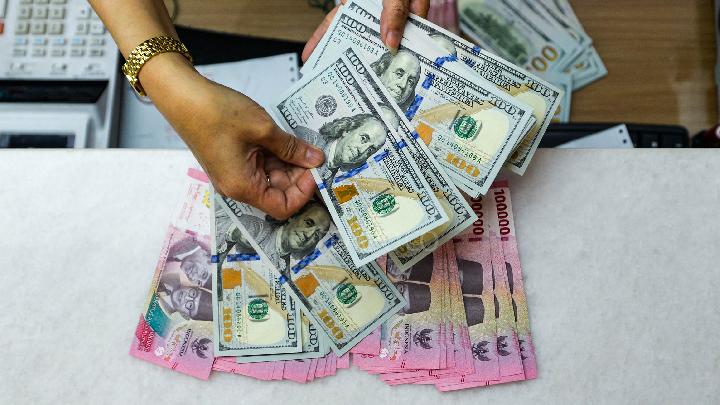Copyright tempo

TEMPO.CO, Jakarta - Bank Indonesia (BI) has outlined the rationale behind the government’s proposed Draft Law on Changes in Rupiah Prices, commonly referred to as redenomination.The draft law has been included in the 2025–2029 National Medium-Term Legislative Program as a government-initiated proposal based on BI’s recommendation.Why Bank Indonesia Proposes Simplifying the RupiahRamdan Denny Prakoso, Head of BI’s Communication Department, explained that redenomination involves simplifying the number of digits in the rupiah without reducing its purchasing power or value against goods and services.“This is a strategic step to improve transaction efficiency, enhance the credibility of the rupiah, and support the modernization of the national payment system,” Denny said in a written statement on Monday, November 10, 2025.Denny emphasized that the timing of implementation will carefully consider political, economic, and social stability, as well as technical readiness, including legal, logistical, and information technology preparations.He added that BI will continue to focus on maintaining the rupiah’s value stability and supporting economic growth throughout the redenomination process.He also stressed that the process is being meticulously planned and involves coordination with all stakeholders.“Bank Indonesia, together with the government and the People’s Representative Council, will continue to discuss the technical and policy aspects of the redenomination,” Denny said.The redenomination plan is outlined in the Minister of Finance Regulation (PMK) Number 70 of 2025 on the Ministry of Finance’s Strategic Plan for 2025–2029.The regulation was enacted on November 3, 2025, and signed by Finance Minister Purbaya Yudhi Sadewa. The PMK states that the Draft Law on Changes in Rupiah Prices is expected to be finalized by 2027.Economic Criticism and RisksHowever, some economists have raised concerns about the practical benefits and risks of redenomination.Syafruddin Karimi, an economist at Andalas University, said that claims that redenomination will simplify accounting and record-keeping are not supported by empirical evidence showing that changing nominal values will boost investment or economic growth.He argued that the benefits are largely symbolic and psychological.Syafruddin also warned of potential risks during the transition period, when both old and new currency notes would circulate simultaneously.“This could lead to administrative confusion, consumer uncertainty, and even opportunities for fraud,” he said in a written statement on Sunday, November 9, 2025.Editor’s Choice: Rupiah Redenomination Bill Proposed by BI Listed in National Legislative ProgramClick here to get the latest news updates from Tempo on Google News



